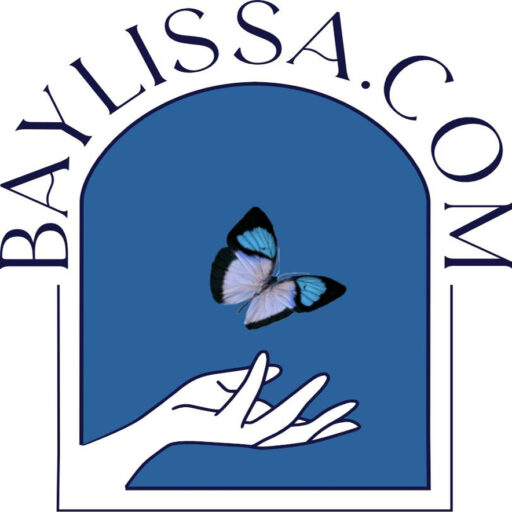There was never a night or a problem that could defeat sunrise or hope.’
– Bernard Williams
The hope you are encouraged to have is validated by a history of ABIND/neurotoxicity and withdrawal survival and recovery of 100s of 1000s of brave individuals over the decades… a history of hope, healing and new life chapters. What you choose to focus on each day will affect how hopeful or not you become and how successfully you cope. If you envisage the worst, consistently compare notes, and discuss only pain and dis-ease, it will make you despair and will obstruct your capacity to be self-nurturing, proactive and, consequently, to cope well.
If you gently care for yourself and keep in mind those stories of others who endured and overcame the most devastating withdrawal and ABIND/neurotoxicity experiences, the predominant feeling will be a belief that despite the persistence of your symptoms or signs of healing, you are indeed headed for recovery. You will be able to manage each day with acceptance and with confidence in your ability to cope.
This does not mean that you won’t have times when you feel fed up, overwhelmed and like you want to give up. You can acknowledge and validate those feelings, then immerse yourself in your compassion and do what you can to nurture and comfort yourself. You may need to frequent your support circle and discuss your concerns with your friends.
You may go looking for success stories or some words of encouragement and accidentally read something that freaks you out. As many of you know, this a common occurrence! 🙂 The thing to do when or if that happens is to normalise it. Gently and kindly tell yourself that your reaction is absolutely normal and remind yourself that it is not your reality and you are pre-emptively suffering if you make it your truth.
Don’t beat yourself up for feeling the way you do. Part of self-compassion is validating your emotions and allowing the feelings to surface and be processed. Sometimes a good cry will do the trick, sometimes reaching out to someone… whatever it takes. But try not to stay stuck in any dark space for too long. It is likely that you won’t, because in expressing, you will also be releasing.
So see if you can cultivate the habit of starting every day with the intention of nurturing yourself with whatever brings you comfort and fosters hope and acceptance. It could be as simple as reminding yourself that this is temporary, or finding things to be grateful for, or declaring it to be a day of further profound healing…
You could cut and paste anything that has inspired you into a Word file, print it off and read it first thing – before you log on to the Internet, and limit the time you spend online. Start the day that way and make it a daily practice. Then throughout the day take time out to do other self-nurturing things: maybe a breathing, mindfulness, chair yoga or other gentle exercise, or listen to one of your favourite inspirational speakers, an audio book, uplifting music, go for a walk (if you can) or wander to your own nature spot – even if it’s your garden… You may not be able to do much, but you will be able to find something that will help to balance and ground you.
One of the gifts of this healing experience is that we become experts at caring for ourselves. It begins out of necessity and evolves into a way of life. If you can introduce one or more of the self-care practices mentioned on this website or somewhere else, your experience of withdrawal will be different. You will find that you are positively distracted and any fixation you may have had on signs of healing and when will the process end, eventually disappears.
It also creates the best energy for igniting or refuelling HOPE. You feel lighter and the days become less daunting. Then, you begin to notice long-awaited improvements… eventually leading to your celebration of recovery. And this is why you must keep going. You must keep holding on. You must persevere.
With compassion,
![]()

